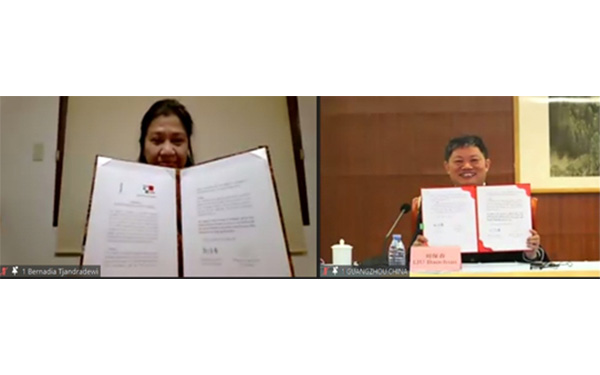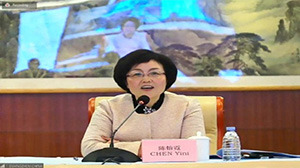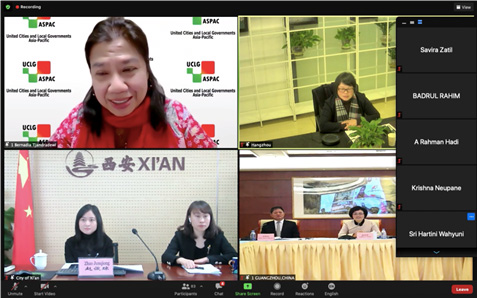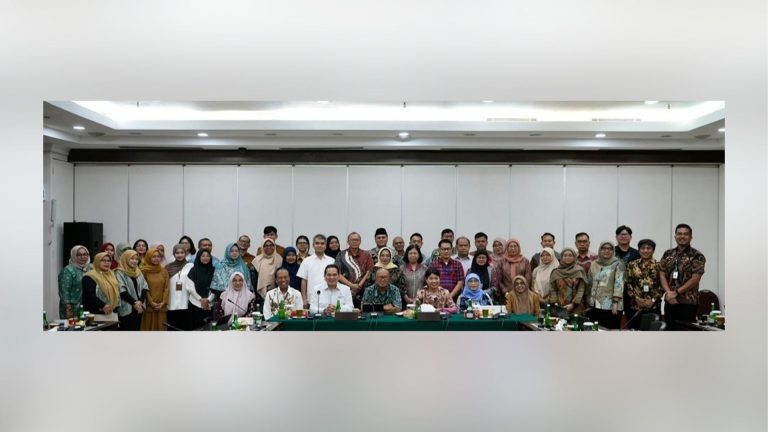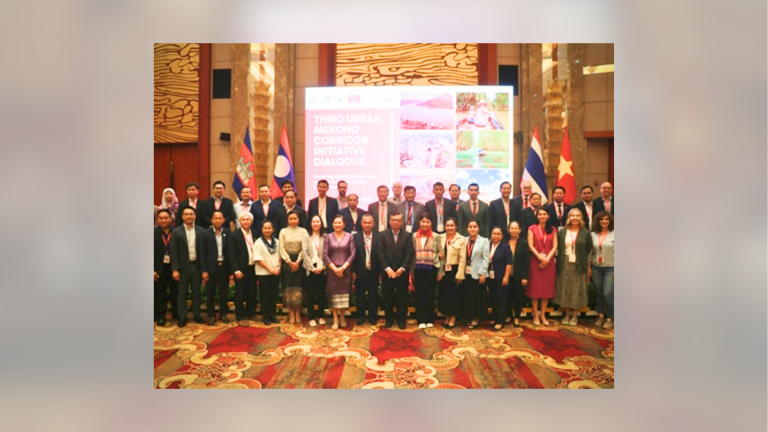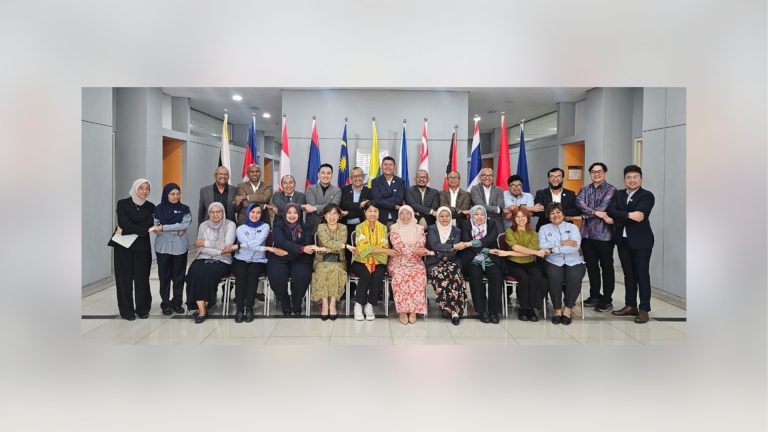17 December 2020 | UCLG ASPAC, in close collaboration with city of Guangzhou, lead city of the UCLG ASPAC’s Standing Committee of Women in Local Governments (SCWLG), has committed to join-forces in the localisation of global agenda and women empowerment. Both parties agreed to promote the localisation of Sustainable Development Goals (SDGs), particularly Goal 3 (Good Health and Well-Being), Goal 5 (Gender Equality), and Goal 11 (Sustainable Cities and Communities). This collaboration was formalised in the signing of agreement.
Celebrating the collaboration spirit, a webinar taking theme “Empowering Women in the COVID-19 Era” was also conducted and managed to present insights from current condition of cities in Indonesia and China. Representing the city of Guangzhou were Ms. Chen Yini, Chair of SCWLG, Vice Chair of Chinese People’s Political Consultative Conference Guangzhou Committee; Mr. Liu Bao Chun, Director General, Foreign Affairs Office at Guangzhou Municipal People’s Government, Regional Secretary of Metropolis Regional Secretariat for Asia Pacific, Honorary Auditor of UCLG and Ms. Yuan Wei – Director of Guangzhou Women Association, China. UCLG ASPAC was represented by Secretary General Dr. Bernadia Irawati Tjandradewi.
UCLG ASPAC-Guangzhou city agreement signing marks the joint-commitment to implement a two-year-programme on enhancing cooperation among UCLG ASPAC member cities and participation in the Standing Committee of Women in Local Governments and Guangzhou International Award for Urban Innovation (Guangzhou Award) as major platforms for localising SDGs. The agreement also opens opportunities for activities including implementation of a pilot project (involving the Guangzhou Women and Children Medical Centre), co-organisation of learning activities, and promotion of the Guangzhou Award.
Ms. Chen Yini, Chair of SCWLG, Vice Chair of Chinese People’s Political Consultative Conference Guangzhou Committee in her opening remarks mentioned that this COVID-19 Pandemic is an opportunity to promote the equality and that we need to focus on how to strengthen social services particularly the one focusing on women.
The webinar following the signing ceremony sparked insights on the current condition of cities in China and Indonesia in facing the COVID-19 pandemic.
Mr. Pandu Riono, Faculty of Public Health, University of Indonesia, shared how Indonesia needs reformation in its public health, considering the increasing confirmed cases and uncoordinated response. On the other side, Ms. Yuan Wei shared about the important roles of women as support system in facing COVID-19. Roles conducted vary from caring for medical workers in the frontline (delivery of food and medical supplies, cleaning service, etc.), serving people returning from Hubei Province, promoting the voluntary spirit, protecting the rights of women and children (by establishing “Law + Psychology” Women’s Rights Protection and Care Service System), and facilitating enterprises to resume work and production.
City of Xi’an, represented by female teacher of Liangjiatan International School shared efforts taken on the school’s epidemic prevention work. Included are establishment of a school epidemic prevention and control support team and improvement of campus epidemic prevention and control methods, supervision and strict management inspection, in addition to compliance with rules and regulations set by regional and national level governing agencies.
City of Hangzhou also shared how the application of big data in the city has helped in facing the pandemic. The sharing revealed that the technology helped in the screening of close contacts and screening of travellers from key areas. The gathered data was able to be forwarded to local authorities at different levels and enabled implementation of community-based health management services. It also contributed in the application of the developed Hangzhou Health Code and facilitated the resumption of work and production. During discussion, Hangzhou shared that high priority is given to security to any information. At the early stage, local government of Hangzhou also used code system at every entrance and exit of airports, ensuring to record migrating people and send the information to the big data system.








